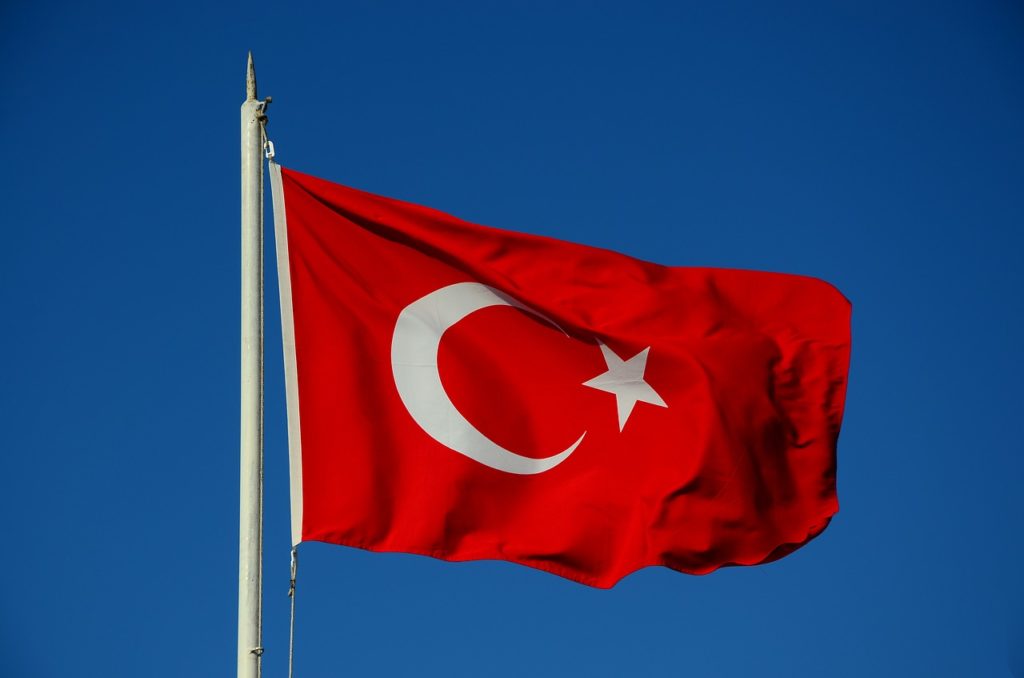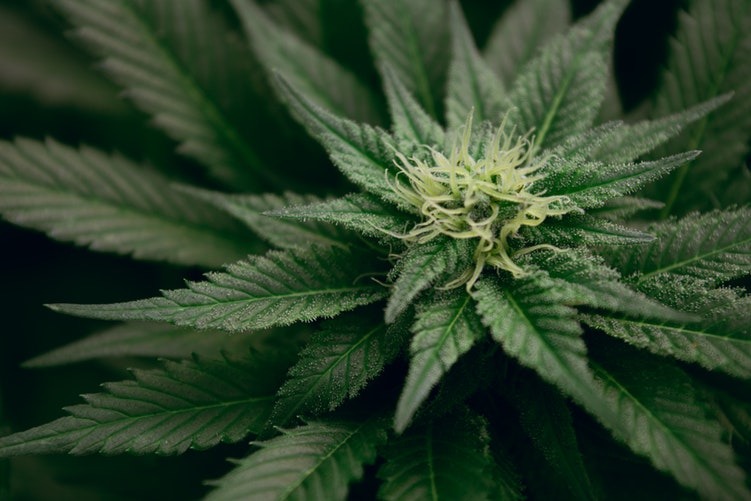For a country like Turkey, the widespread use of industrial hemp makes it a very attractive agricultural product that’s both easy to grow and sustain. Turkey relies a lot on imported products for various synthetic raw materials to be used in its industries, such as paper manufacturing, textiles, and the automotive industry. Turkey was one of the largest producers in the world until 1971.
Turkish Government to Reignite Industrial Hemp Industry


When Turkish President Recep Tayyip Erdoğan stepped on the podium in Turkey’s presidential palace recently, a few people expected him to focus on the environment. Even fewer still were those that expected him to talk about hemp cultivation, or even mention it at all.
Erdogan’s speech
Nevertheless, Turkey’s current president proudly stepped up last January 9 and did just that. In his speech, Erdoğan said:
“I remember my mother used to knit bags that we could use for shopping. You don’t throw them away immediately, you can go out shopping with them again. It is earth-friendly, even if you wanted to dispose of it. These are made of hemp, yet we have destroyed hemp in our country.”
The president then revealed that one of Turkey’s plans for 2019 is to renew the country’s hemp industry, as well as encourage the production of new products.
True to his word, Agriculture and Forestry Minister Bekir Pakdemirli then revealed plans just a day after, noting that the government will take steps to increase industrial hemp production.


Industrial hemp in Turkey
For a country like Turkey, the widespread use of industrial hemp makes it a very attractive agricultural product that’s both easy to grow and sustain. This is because a country like Turkey relies a lot on imported products for various synthetic raw materials to use in its industries, such as paper manufacturing, textiles, and the automotive industry.
As a matter of fact, hemp and cannabis are not alien to Turkish land. Turkey was one of the largest producers in the world until 1971. Then the Turkish military released a memorandum and went on to overthrow the late President Süleyman Demirel’s government.
Since then, the industry in Turkey eventually slowed down. To provide a comparison, the country produced 5,000 tons of cannabis in 1961 and only 7 tons in 2018.


Reignition
Presently, Turkey allows hemp cultivation in 19 of its 81 provinces, with most of them in central Anatolia and the eastern Black Sea region. According to the government, it will be adding more provinces as demand increases and the industry starts to pick up again. Furthermore, a study of ecological hemp cultivation and its results would be made public soon.
Hemp industry as a way to help the economy
The Turkish government sees hemp as a way to help the country’s troubled economy, and with the plant seeing a revival in the industry, now is the perfect time to do it. According to Yahoo! Finance, the global market for industrial hemp is currently valued at $4 billion. However, it will reach $10.6 billion by 2025.
(Featured Image by Sevgi001461)



Comments are closed for this post.